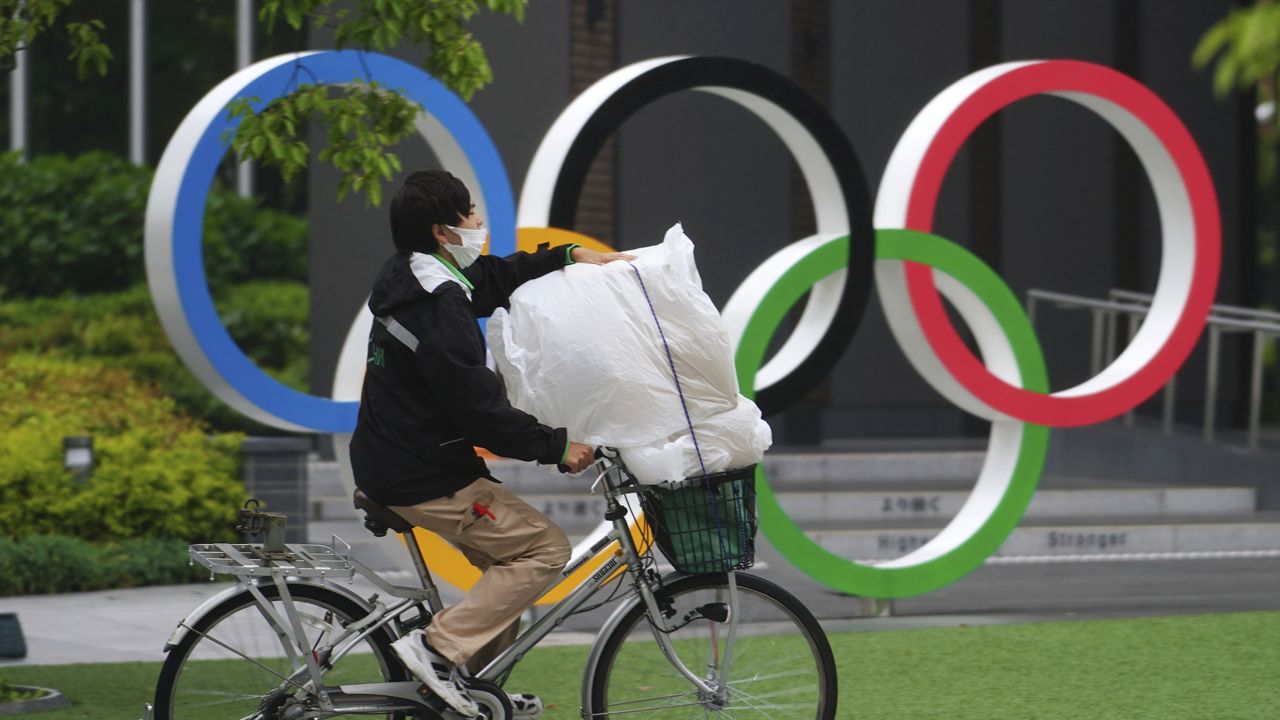The U.S. State Department issued an updated advisory on Monday for Americans hoping to travel to Japan, warning against such trips due to high levels of COVID-19 prevalent in the island nation.
According to data from the Centers for Disease Control and Prevention (CDC), Japan poses a Level 4 — or “Very High” — risk of COVID-19 for international travelers. Both the CDC and the State Department maintain that “travelers should avoid all travel to Japan” to mitigate the risk.
“Because of the current situation in Japan even fully vaccinated travelers may be at risk for getting and spreading COVID-19 variants and should avoid all travel to Japan,” a statement on the CDC website reads. “If you must travel to Japan, get fully vaccinated before travel.”
The new advisory comes just two months before Japan is set to host the Olympics, and Prime Minister Yoshihide Suga is determined to hold the Summer Games in Tokyo after a one-year delay.
In an effort to deal with the worrying surge of COVID-19 cases, the Japanese government is attempting to speed up the pace of vaccinations across the country.
Just last Friday, Japan approved the production and use of Moderna and AstraZeneca vaccines to help speed up inoculations. Previously, Japan had used only Pfizer; as of Monday, only about 2% of the population of 126 million has received the required two doses.
The government on Monday opened mass-vaccination sites in two of the country’s biggest metropolitan areas, Tokyo and Osaka, with the goal of administering the shots to up to 15,000 elderly people a day. The sites will use the two-dose Moderna mRNA vaccine.
The completion of Japanese-developed vaccines is still uncertain, but government officials hope the approvals Friday of Moderna and AstraZeneca will accelerate inoculations.
“Speeding up the rollout makes us feel safer because it affects our social life and the economy,” said Munemitsu Watanabe, a 71-year-old office worker who got his first shot at the Tokyo center. “If 80-90% of the population gets vaccinated, I think we can hold the Olympics smoothly.”
That goal seems impossible to meet by late July, when the Olympic games are set to kick off. Those currently eligible are 65 years or older, and some officials say it may take until next March before younger people are fully vaccinated.
Japan also has a dire shortage of medical staff who can give shots since only doctors and nurses can legally do so — and they are already busy treating COVID-19 patients.
Under pressure, Suga’s government has allowed dentists and retired nurses to perform inoculations, and on Monday asked for pharmacists’ help. Suga said he is also considering adding paramedics and clinical laboratory technicians to create a pool of “several tens of thousands” of medical personnel. There are worries, however, that loosening the criteria may increase vaccine hesitancy in the public.



